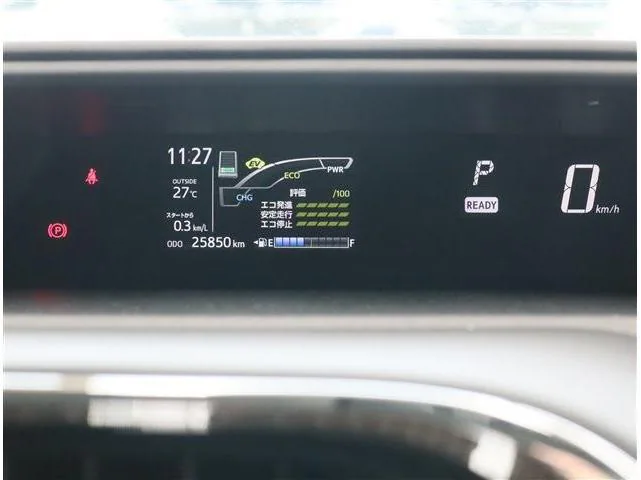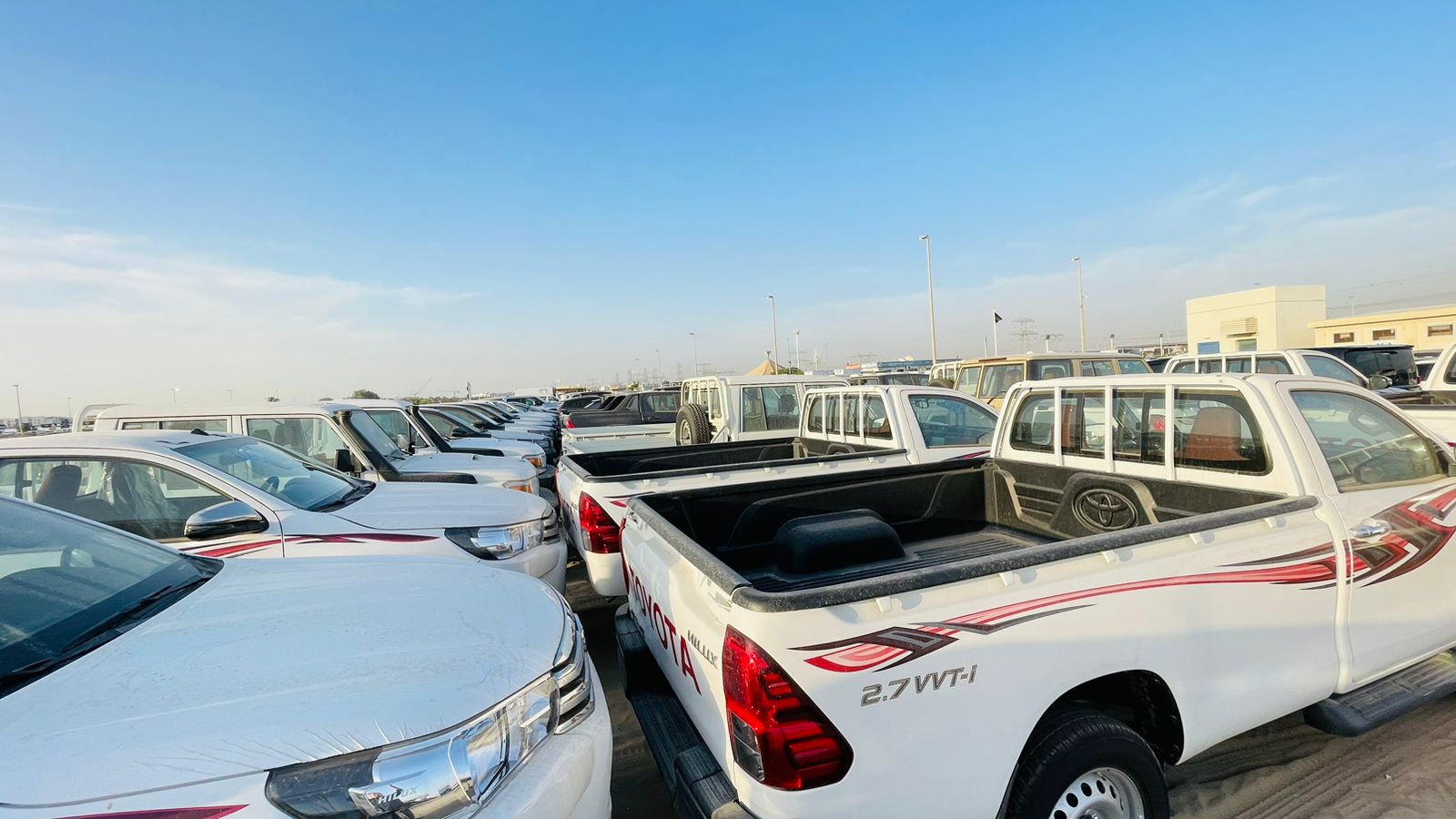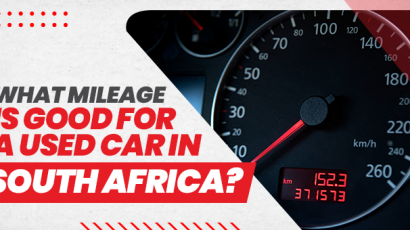
In the world of automobiles, one question that often arises is, “Why does car mileage matter?” Whether you’re a seasoned driver or a prospective buyer, understanding the importance of car mileage is crucial.
In this comprehensive article, we will delve into its significance and how miles affect a car. Furthermore, we will explore the various factors that contribute to its relevance and why it should be a key consideration when purchasing a vehicle.
The Basics of Car Mileage
Car mileage, also known as the odometer reading, refers to the number of miles a vehicle has traveled since its manufacture. It serves as a measure of a car’s usage and can significantly impact its overall value, performance, and longevity.
Fuel Efficiency and Cost Savings

The Relationship between Mileage and Fuel Efficiency
One of the primary reasons car mileage matters is its direct correlation with fuel efficiency. Vehicles with higher mileage often tend to be less fuel-efficient than their lower mileage counterparts. As a vehicle ages, its internal components undergo wear and tear, leading to decreased efficiency and increased fuel consumption.
Saving Money at the Pump
By opting for a car with lower mileage, you stand to benefit from improved fuel efficiency, resulting in substantial cost savings over time. When a vehicle consumes less fuel per mile, you spend less money on gasoline or diesel, effectively reducing your overall transportation expenses.
Vehicle Reliability and Durability

The Impact of Mileage on Vehicle Reliability
Car mileage also plays a vital role in determining a vehicle’s reliability and durability. Generally, a car with lower mileage is considered to be more reliable since it has experienced fewer miles of wear and tear. Newer cars often require less frequent repairs and maintenance, offering greater peace of mind to the owner.
Longevity and Resale Value
Additionally, lower mileage can contribute to the longevity of a vehicle. With proper care and maintenance, a car with lower mileage is more likely to provide reliable service for an extended period. Moreover, when it comes time to sell or trade in your vehicle, cars with lower mileage generally command higher resale values due to their perceived better condition.
Maintenance and Repair Costs

Higher Mileage, Higher Maintenance Costs
As cars accumulate mileage, they often require more frequent maintenance and repairs. Components such as brakes, tires, and suspension systems wear out over time, necessitating replacement. The cost of these maintenance tasks can add up, especially for vehicles with higher mileage.
Optimal Mileage Range for Cost-Effective Maintenance
Finding a balance is crucial when it comes to mileage and maintenance costs. While extremely low mileage may indicate underutilization or potential issues due to a lack of regular operation, excessively high mileage can lead to a higher probability of breakdowns and costly repairs. Experts often recommend aiming for a vehicle with moderate mileage within a specific range, ensuring a good balance between maintenance costs and reliability.
Also Read: best gas mileage cars non hybrid
Historical and Future Maintenance Records

Mileage as a Maintenance Indicator
Car mileage acts as an essential factor in determining the maintenance history of a vehicle. A thorough examination of service records can help identify past maintenance tasks performed at specific mileage intervals. This information provides insight into the level of care the car has received and aids in predicting potential future maintenance requirements.
Keeping Track of Service Intervals
Another reason why car mileage matters is timely maintenance. By tracking mileage and adhering to the manufacturer’s recommended service intervals, you can ensure that your vehicle receives timely maintenance. Regular oil changes, tire rotations, and inspections at the appropriate mileage milestones contribute to the overall health and performance of your car.
Insurance Considerations

Mileage-Based Insurance Policies
Car insurance companies often take mileage into account when determining insurance premiums. Some insurers offer mileage-based policies where the annual mileage of a vehicle directly influences the insurance rates. Lower mileage generally translates to a lower risk of accidents and, thus, lower premiums.
Accurate Reporting of Mileage
To ensure accurate insurance coverage and premium calculation, it’s important to report your car’s mileage accurately to your insurance provider. Underestimating or overestimating your mileage can lead to potential issues when filing claims or even the cancellation of your policy.
Environmental Impact

Lower Mileage, Reduced Carbon Footprint
Car mileage not only affects your personal finances and vehicle performance but also has an environmental impact. Vehicles with lower mileage tend to emit fewer greenhouse gases, contributing to reduced air pollution and a smaller carbon footprint. By opting for a car with better fuel efficiency and lower mileage, you can play your part in mitigating the effects of climate change. Have a look at our used Hybrid cars for sale in Japan.
Embracing Electric and Hybrid Options
As the world transitions towards more sustainable transportation solutions, mileage remains a crucial consideration. Electric vehicles (EVs) and hybrid cars offer excellent mileage and significantly reduce reliance on fossil fuels. By investing in these eco-friendly alternatives, you can make a positive impact on the environment while enjoying the benefits of reduced fuel costs and lower emissions.
Mileage and Vehicle Types

Different Mileage Expectations for Different Vehicles
It’s important to note that mileage expectations can vary depending on the type of vehicle. For example, high-performance sports cars often have lower mileage due to their powerful engines and higher fuel consumption. On the other hand, compact cars and hybrids are designed to prioritize fuel efficiency and typically offer higher mileage.
Considering Vehicle Usage
When evaluating does mileage matters, it’s essential to consider your specific usage requirements. If you frequently commute long distances or travel for business purposes, a car with higher mileage may be more suitable for you. However, if you primarily use your vehicle for local trips and daily commuting, a car with lower mileage and better fuel efficiency may be a smarter choice.
Also Read: affordable cars in south africa
Research and Due Diligence

Vehicle History Reports
When purchasing a used car, conducting thorough research and obtaining a vehicle history report is crucial. These reports provide valuable information about the car’s previous ownership, accident history, maintenance records, and, of course, mileage. They offer insight into the overall condition and reliability of the vehicle, enabling you to make an informed decision.
Professional Inspection and Test Drive
Before finalizing your purchase, consider scheduling a professional inspection and taking the car for a test drive. These steps allow you to assess the vehicle’s performance, identify any potential issues, and verify that the reported mileage is accurate. A professional mechanic can provide a comprehensive evaluation, ensuring you make a sound investment.
The Last Word
In conclusion, by now, it must be clear how does mileage affect a car. Not only does it impact fuel efficiency, maintenance costs, and cost savings, but it also reflects vehicle reliability. If you want to purchase a used car with good mileage and condition, Contact SBT Japan now!
By considering the mileage of a vehicle, you can make an informed decision when purchasing a car, ensuring that it aligns with your budget, usage requirements, and long-term goals. Remember, the lower the mileage, the higher the potential for fuel savings, longevity, and resale value.
So, whether you’re buying or maintaining a car, be sure to give due consideration to the mileage. As it can significantly impact your overall ownership experience.











